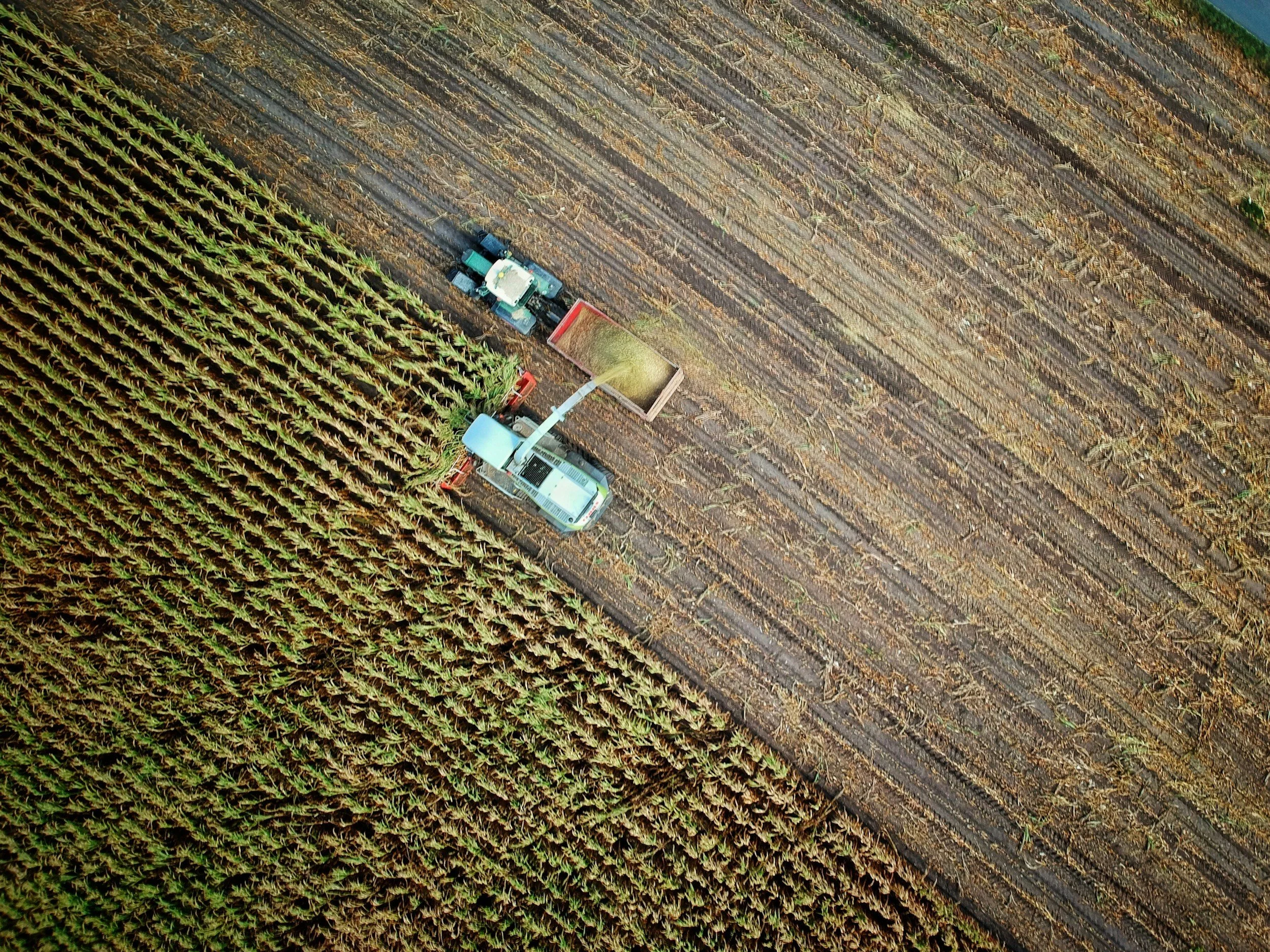The Green Revolution in the MENA: linking environmentalism and social justice one step at a time
/Last month I was invited to give a lecture at the American University of Kuwait on Religion Gender, and Environmentalism in the MENA (Middle East and North Africa). Although environmentalism in the Middle East is a topic I don’t know much about, it was a chance to merge my professional expertise in the MENA region and my activism at Green and Prosperous. I just couldn’t resist.
While the study of environmentalism in the MENA region is still in its early stages, it is clear that environmental activism –at the level of policy, private business, CSOs and within local communities – is steadily increasing in the region. Like their counterparts elsewhere in the world, activists are looking at environmental stewardship not only as a road to economic uplift, but as an effective way of dealing with social justice issues.
As my forthcoming book, Go Green without Going Broke shows, the green economy is on the rise, and it is having a global impact. Some projections claim the number of new green jobs that will be created in the US, the EU, and China is approximately 1 million, provided that these 3 regions, which produce the most greenhouse gases on the planet, stick to their recent pledges to cut emissions.
While projections for green industry employment opportunities in the MENA region are lacking, it is clear that there is now a lot more activity in the region to create green jobs: last year, the Jordan Green Building Council (GBC) and Bayt.com, the ME’s leading career website, signed a MOU to launch the first green jobs website, Green Jobs Arabia, which specializes in environment and green economy-related jobs. Much of the activity surrounding the green industry and environmentalism is related to tackling problems of waste management and recycling, clean energy, and developing strategies for augmenting fossil fuel reserves.
Another trend one is beginning to see in the MENA region that accompanies concern over the degradation of the environment is the development of alternative energy sources, especially solar. The United Arab Emirates seem to be leading the way on developing this technology, while other oil-rich sun drenched nations of the Gulf region seem to prefer sticking their head in the sand to taking advantage of this opportunity.
Finally, the problems of desertification and developing more efficient agricultural technologies that have a less devastating impact on the environment have been, and remain important facets of the environmental movement in the MENA. (Permaculture, anyone?)
With all this talk of green jobs and environmentalism – the latter being a term that is in many ways being superseded by the term “sustainable development” – it would be easy to consider the question of gender to be a relatively minor one within the scope of this larger global debate. In fact, it is intimately related.
Increasingly, questions of gender have entered the heart of the debate over green economies and sustainable development. While the idea of gender is now widely understood to no longer be restricted to the discussion of women, but to discussions of women and men working together for common goals of social and economic justice, it is important to recognize the place of women specifically, in these discussions.
In many cases, women are at the forefront of debates on the environment. In the past 10 years, a more frequent topic of conversation is the ways in which women’s lives are being affected by environmental changes. This is especially true now, with the UN turning its focus in earnest to its 7th MDG goal: to ensure environmental sustainability. In significant ways, women have been quietly acting as change agents to promote sustainable solutions to global environmental challenges, with help from their local communities and global partners who have progressed in their views about women and environmental sustainability, turning away from the models of the past.
Beginning in the 2000s, gender mainstreaming efforts have integrated a critique of older ecofeminist models as too reductive and essentialist. Women are no longer being seen as a single homogeneous group. We have moved away from sex-specific social differentiation as an explanation of marginalization (i.e. class, ethnicity, location, education, religious identity, etc. are now taken into consideration), while still recognizing gender differences, especially in different environmental impacts on women and girls.
The rapid global growth of neo-liberal economics since the 1980s, with its focus on deregulation, dismantling of public trusts, lessening State controls, and the growth of free enterprise, has been problematic for many reasons. Among them is the tendency to view the world and human beings chiefly through the lens of markets and market actors, in all domains of life (not just in terms of consumption patterns). In this vein, economic growth is increasingly seen as tied to the ability of States to marshal their women as active producers in society. Informal labor (the markets which most women occupy, even in the most culturally conservative countries) is discounted, and as such women’s contributions to individual economies may be grossly devalued.
On the other hand, there may be a silver lining to neoliberal economics for women, with valuation of their labor in the formal market poised to happen in a much greater way. The evidence is borne out statistically in a number of ways: here I highlight just one.
Macro-economically, States that invest in women’s education and employment in the formal labor market experience higher economic growth (especially where this investment is accompanied by measures that explicitly address aspects of gender discrimination such as legislation supporting quotas for women, or promoting women’s access to education and training). While there is still ongoing debate about the results of studies that have been conducted in the oil-rich nations, studies in Egypt, for instance, have established that women’s employment and education are structural catalysts for economic growth and for gender equality.
In terms of Environmental Sustainability, the MDGs integrate some of the major principles of sustainable development, including protection and preservation of natural resources, reduction of consumption (the MDGs focus specifically on carbon emissions), and improving access of communities to resources like safe drinking water and proper sanitation. These are not just sustainability issues, they are social justice issues. The MDGs also touch on the need for changes at the level of governance: more buy-in for local communities through design and decision-making is increasingly discussed, and pushed by local activists.
Critiques of past models of development have linked them to neo-colonial attitudes that devalue local knowledge and impose standards and programs from above without understanding the needs of local communities. This top-down approach has very limited effect and is increasingly under fire from activists, development professionals, and local communities alike
Environmental activists and development agencies alike have recently begun pointing to the need for greater recognition of the particular problems posed by urbanization and how they affect women. For example, the migration of the poor from rural areas disconnects both men and women from the land. At the same time, in the urban environment it is chiefly women who are disproportionately affected by water and air pollution, crime, violence, and natural disasters, especially when so many men travel far distances for work, sometimes for years at a time.
Many households in the MENA region employ survival strategies that use resources from their surrounding natural environment, particularly in areas or countries that lack a high level of industrialization. Women’s participation in the subsistence economy in these environments can be seen in the recycling and reuse of materials for the household and for sale in local markets.
A recent trend among grassroots movements in the MENA has been developing sustainability projects using development-entrepreneurship models. At the most basic level, this means that short-term thinking in planning and execution of projects should be scrapped for long-term models; that local communities should be involved at all levels of execution: planning, implementation, execution, monitoring, and evaluation; that local stakeholders should take over projects after a specified period of time once they have been implemented, and that these projects should produce income that can (at least potentially) lift its participants economically, providing a way out of poverty and/or economic privation.
One of the more interesting projects in this vein is the Solar Mamas project in Jordan, in which Bedouin women (and women from several African countries) were approached by members of the Barefoot College to learn solar engineering in India for a period of 6 months, then return to their home countries to begin building solar panels and develop businesses that will benefit (and light up) their communities.
What this single example suggests is that implementing sustainable development programs, especially in a region and a community that is so fraught with problems, is no small, or easy task. Despite the challenges, the film’s main protagonist, Rafea, is determined to persevere no matter what. This small episode in a growing movement deserves the attention and support of the global community as a way of dealing with some of the structural issues that have condemned some communities – especially their women – to a life of instability, uncertainty, and hopelessness.
If the growing global environmentalist movement can fast track some needed changes (including the faster development of alternative energy sources, developing a shareable database of global best practices, and replicating some of the promising programs coming out of global south-south collaborations, like the Barefoot College), it can become a true catalyst for social justice.





































